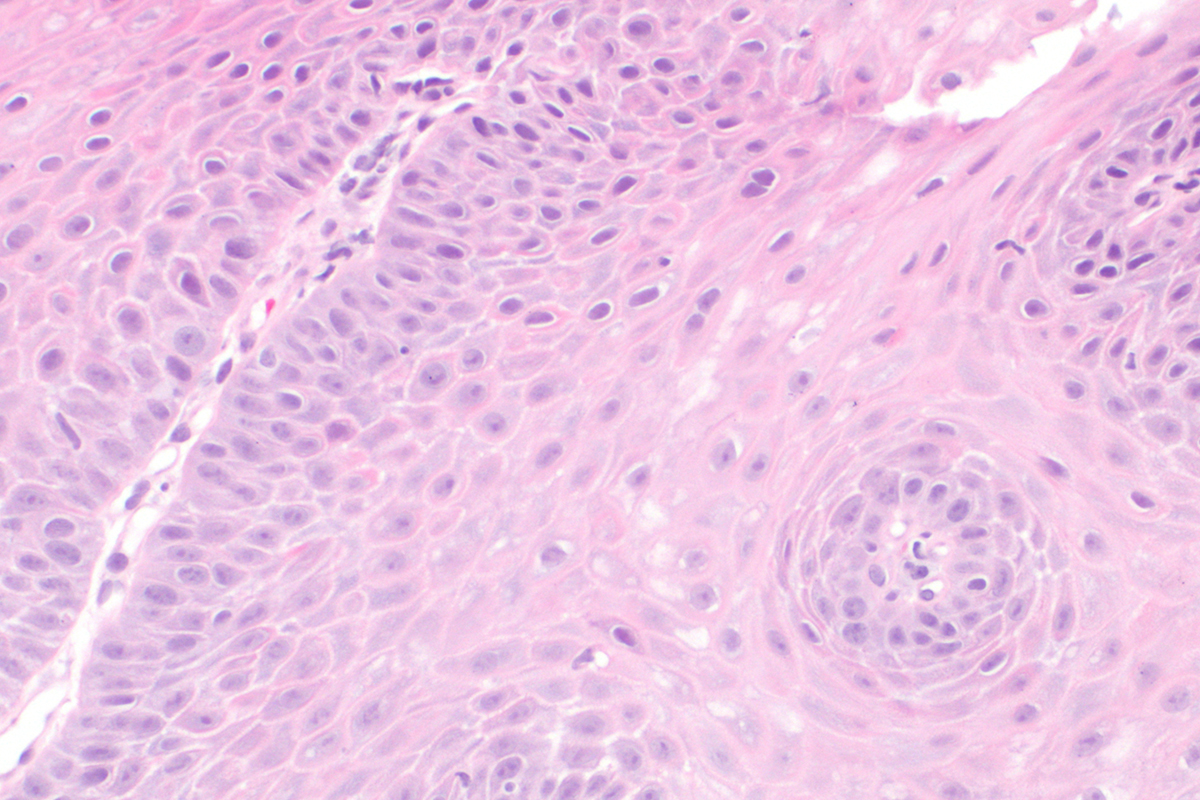
GERD (Gastroesophageal reflux disease) is a condition when taken food goes backwards from the stomach to oesophagus, a tube that connects mouth and stomach. This action causes heartburn or Gastroesophageal reflux disease. A ring of muscle fibers (lower oesophageal sphincter) is located in stomach and stops food from moving back to oesophagus. Sphincter muscle may not be closed enough and due to this food and liquids or stomach acid leakS back to oesophagus. The condition is called a gastroesophageal reflux.
There are symptoms that may cause reflux and damage the tube (oesophagus). And the risk factors for getting GERD (Gastroesophageal reflux disease) are usually pregnancy, scleroderma, hiatal hernia, alcohol abuse, obesity and too much cigarettes. All this condition are caused when stomach moves back toward diaphragm.
Symptoms gastroesophageal reflux and heartburnThere are less common, light and severe symptoms for gastroesophageal reflux and heartburn:Less common symptoms
Hiccups Sore throat Cough Food regurgitation Hard swallowing Hardening of a voiceLight symptoms
Antacids relief Heartburn at the area of chest Feeling worse at night Bending, lying and eating make a worse heartburn Nausea after meal Sensing of food trapped behind the breastboneAnd with severe symptoms, there are tests that may diagnose complications of reflux, tests like: swallowing barium test, oesophageal manometry test, continuous oesophageal pH monitoring test and esophagogastroduodenoscopy (EGD) test.
Prevention
To prevent heartburn it is necessary to avoid taking: chocolate, citrus juices, caffeine, carbonated drinks, tomato sauces, full-fat milk products, peppermint, spearmint, tomatoes, spicy foods and alcohol. To control such condition there is a certain lifestyle that might help. It is good to avoid bending over right after meal, to avoid lying with full stomach or to try lift head for about 6 inches in bed, do not wear too tight clothing, to try lose extra weight, avoid smoking, eat less, try reduce stress etc.
There are also medications that can cause gastroesophageal reflux or heartburn, that should be avoided great deal, medications such as: tricyclic antidepressants, bronchodilators for asthma, anticholinergics for seasickness, dopamine-active for Parkinson's disease, progestin for birth control or excessive menstrual bleeding, sedatives for anxiety or insomnia, beta-blockers for heart disease and calcium channel blockers for high blood pressure. The most known gastroesophageal reflux or heartburn prevention techniques are esophagoscopy with biopsy and dysplasia or cancer endoscopy.
Medications for GERD
Heartburn may get better after surgery and still need medications to treat heartburn.And these are anti-reflux operations done only if other medications fails.There are medications that are treating GERD or Gastroesophageal reflux disease, and those medications often work slowly, but more permanently. Medications such as H2 antagonists, metoclopramide (promotility agents) and proton pump inhibitors (PPIs).
Possible Complications
There are possible complications due to gastroesophageal reflux: dental problems, oesophagus inflammation, chronic cough, stricture, Barrett's oesophagus, Oesophageal ulcer, bronnchospasm etc...There are symptoms of GERD condition when it is really important to visit doctor such as: hoarseness, coughing, shortness of breath, being full before time, often vomiting, bleeding, having no appetite, pain or hard swallowing, loss of weight.





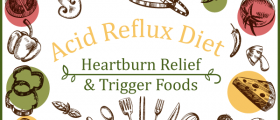


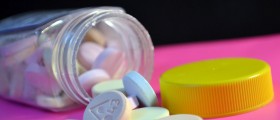
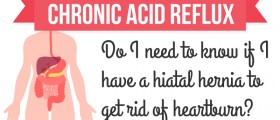






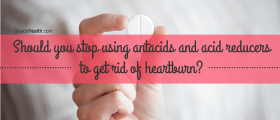
Your thoughts on this
Loading...